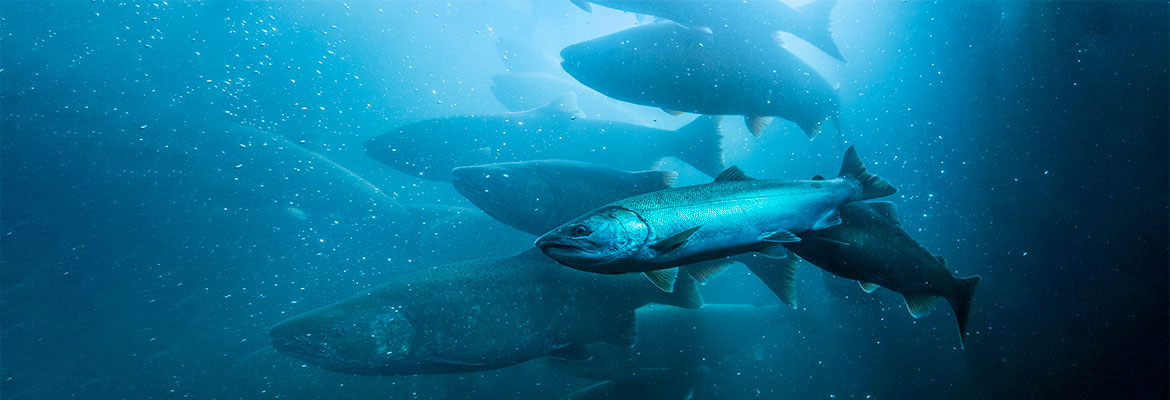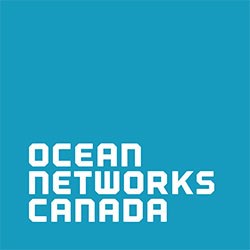Program description
Developed by Ocean Networks Canada, the Ocean Acoustic Monitoring program provides an introduction to acoustic data principles and training in hydrophone use and deployment, sampling strategies, and interpretation and reporting of underwater acoustic data.
Canada has the world’s longest coastline and water is one of its most important resources. Increased marine shipping, coastal development and threats from climate change have increased underwater noise that negatively impacts marine species such as orcas, humpback whales, seals and salmon. Monitoring and understanding the impacts of underwater noise on marine life is critical for responsible management of marine habitats and for improving ocean health.



